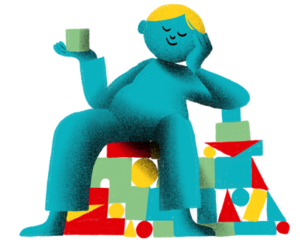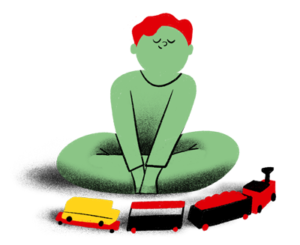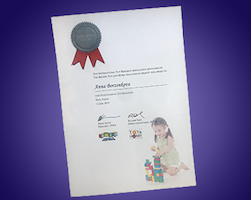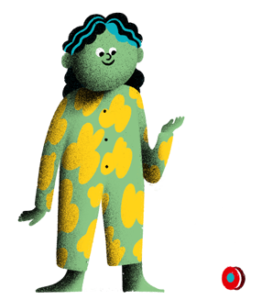BTHA Environmental Studies
To support our environmental sustainability work and ongoing commitment to reduce our industry’s environmental impact we commission independent research. This has included research into the levels of toy and hobby packaging on the UK market, as well as parent surveys to understand the life of a toy.
We conducted our first parent survey in 2012 to find out what happens to toys when children have finished playing with them and what drives these decisions. We have repeated this survey in 2019, and again in 2024 to see if consumer behaviours have changed over time.
In 2024, we worked with YouGov to survey 2,026 parents of children aged six months to nine years old representative of the UK demographically.
Key findings:
- Parents are most likely to pass their toys on to external groups or organisations with 64% of parents giving to charity, followed by 53% of parents passing them on to friends and family.
- The types of toys most likely to be passed on are games/puzzles (65%), pre-school toys for children under five years old (64%) and vehicles (62%).
- Throwing away toys is becoming less common with 14% of parents throwing away toys (down from 26% in 2012). The main reason is because they are broken (73%) and therefore cannot be passed on. Throwing away toys is more common with men, than women.
- A large proportion of children received second-hand toys with 79% of parents saying their children had received second-hand toys from others. For those that had received second-hand toys, 28% said their child had received second-hand toys more than five times in the previous 12 months.



